Muslim Lifestyle
-
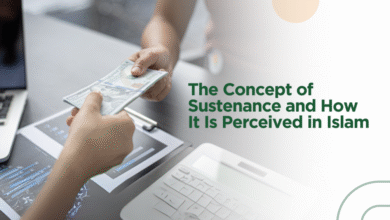
The Concept of Sustenance and How It Is Perceived in Islam
Sustenance or rizq in Arabic is far more than just material wealth in Islam. It includes all that Allah ﷻ offers His creation such as opportunities, family, faith, health and knowledge. Every blessing every meal and every breath a person takes are all examples of rizq. Islam offers an expanded spiritual understanding of sustenance in contrast to the materialistic worldview that…
Read More » -
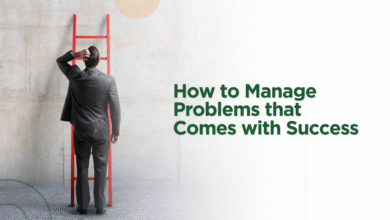
How to Manage Problems that Comes with Success
Achieving financial stability, recognition and personal fulfillment are often viewed as the ultimate goals of success. However there are new frequently disregarded challenges that come with success. Similar to the proverb “the higher the tree the stronger the wind”, achieving greater heights in life entails overcoming more formidable obstacles. Wisdom, humility and a strong spiritual foundation are necessary for handling…
Read More » -

The Secret to Productivity: Making Wealth Flow with Rewards
Have you ever thought that the money we spend could actually be more productive than the money we save? It sounds a bit strange, right? But it turns out, in Muslim Faith, the wealth we give in the path of Allah doesn’t diminish; instead, it continues to flow into our rewards. Charity Makes Wealth Grow Many people think that if…
Read More » -
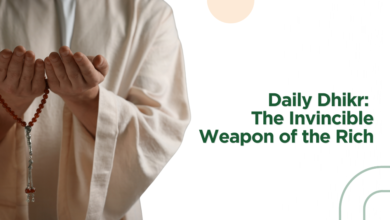
Daily Dhikr: The Invincible Weapon of the Rich
“Rich people win because of their money.” Sounds familiar, right? We hear this all the time. The idea is simple: if you’ve got lots of wealth, you can basically do anything. Give huge amounts to charity, build mosques, support orphanages, go for Umrah and Hajj over and over again. Meanwhile, those without money? They just sit back and sigh. But…
Read More » -
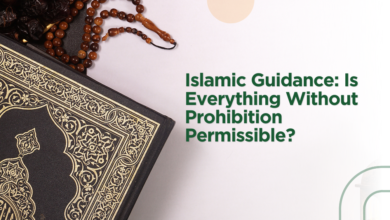
Islamic Guidance: Is Everything Without Prohibition Permissible?
“There’s no evidence that it’s haram, so it’s permissible, right ?”Stop! Wait a minute… Don’t rush into that thought if you don’t want to fall into doubt. After all, not everything that seems safe in our eyes is actually safe in the sight of Allah ﷻ . Sometimes it can even be dangerous because we don’t understand the sharia law.…
Read More » -

When Charity is More Valuable than Wealth
“Ever thought that the good deeds we do stick with us way more than piles of cash?” Just imagine if tomorrow Allah ﷻ called us back, what could we really take? A fancy house? A cool car? Billions in savings?Sadly, none of that comes along. We leave it all behind. The only thing that stays with us is our good…
Read More » -

Communication Skills as a Way to Open Up Opportunities
Nobody makes it alone. The real key? Building relationships it’s the friendliest shortcut to open doors and find true opportunities When people hear “fortune,” most imagine big money, fat savings, or piles of assets. But really, fortune is way bigger than that. Blessings can be health, a happy family, good kids, loyal friends, or even a simple meal enjoyed in…
Read More » -
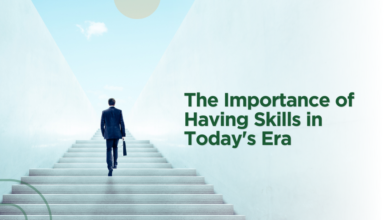
The Importance of Having Skills in Today’s Era
“Money can vanish overnight, but soft skills? That’s the real cheat code that’ll keep you bouncing back no matter how hard life trolls you.” Many people believe that the key to a good life is money. “If you have money, everything is possible,” they often think. But the truth is, money is incredibly fragile. It’s here today, but it can…
Read More » -
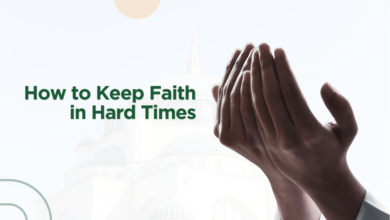
How to Keep Faith in Hard Times
A necessary aspect of human existencem, hardship puts our patience and faith in God to the test. Faith or iman is dynamic in Islam, it grows stronger through adversity and becomes weaker if ignored. A persons relationship with Allah ﷻ can be renewed during challenging times. The Qur’an reminds us: “So verily, with the hardship, there is ease” (Qur’an, Ash-Sharh 94:6).…
Read More »


